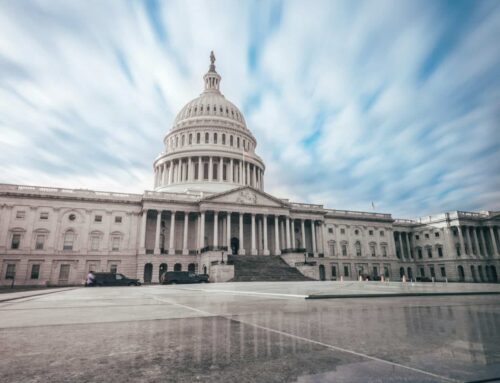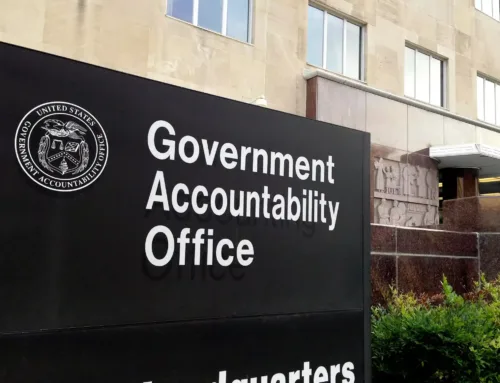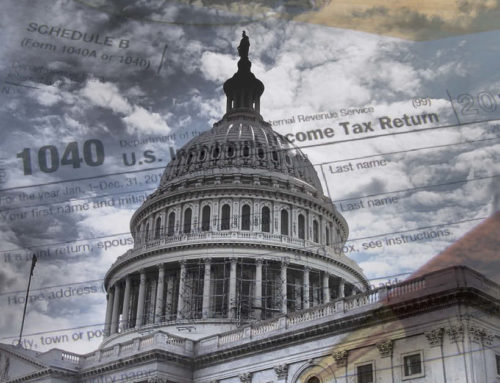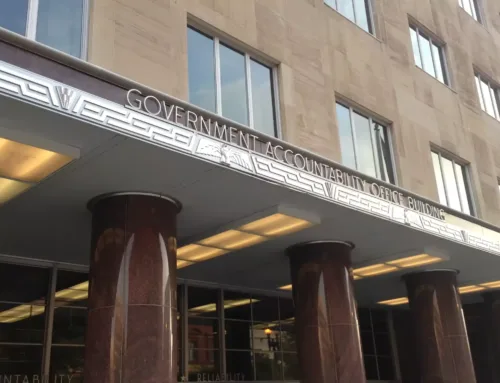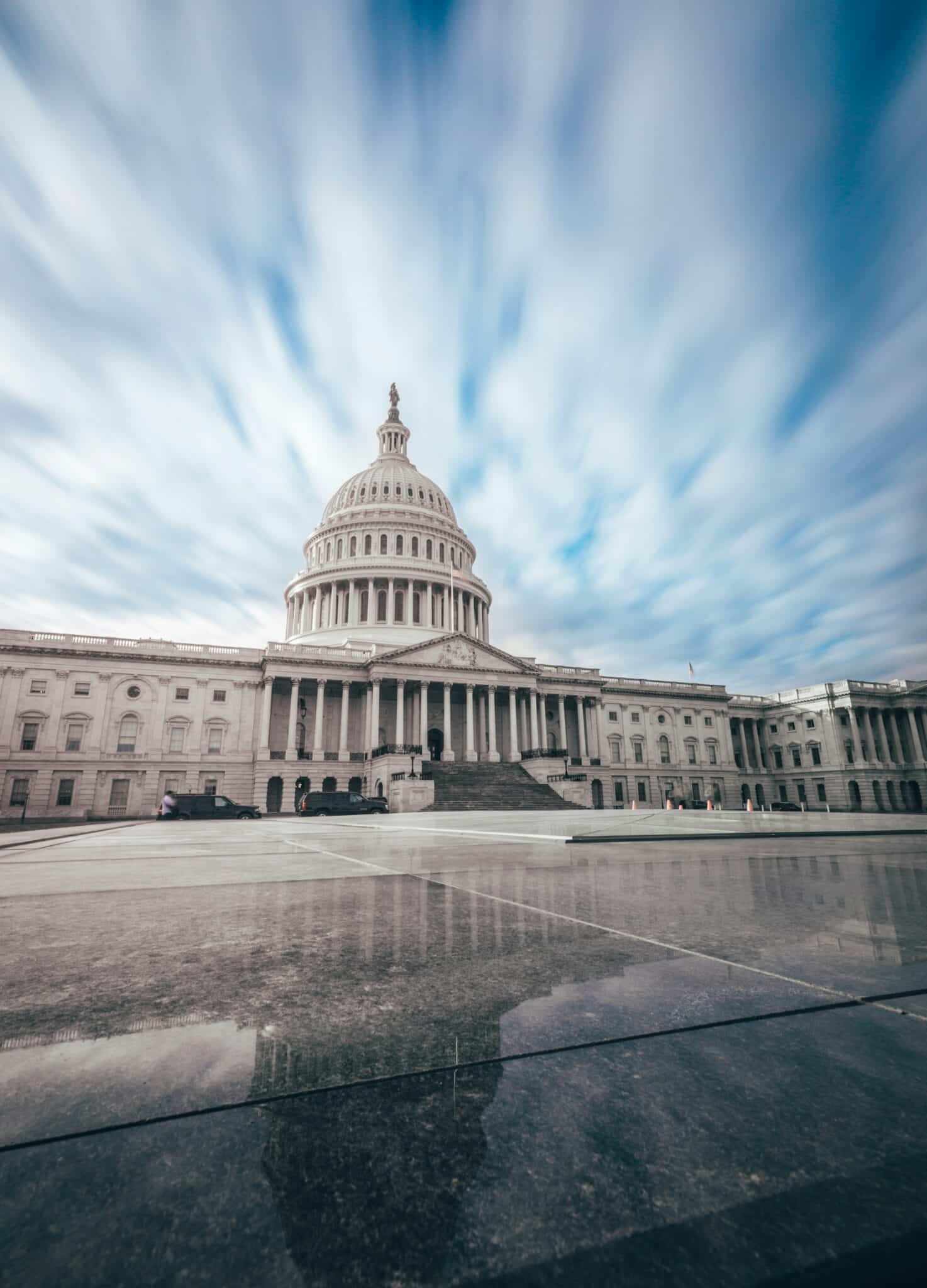Every time we turn around, the recently passed House earmark transparency bill gets a little more confusing and a lot less clear. When the bill first passed, we thought we were getting half a loaf, so we called it a good start and encouraged Congress to do more next year. As we learn more about this bill, however, it seems that we’ll be getting little more than a slice. That’s more than the crumbs budget watchdogs are used to, so we’ll take our chance to peek at the money and run, and encourage Congress to do a lot more next year.
T he main thrust of the transparency bill is to require lawmakers to put their name alongside any earmark they have sponsored in a particular bill. Of course, this being Washington, nothing can be as simple as that. There are enough loopholes and exceptions to make your head spin, and we knew from the beginning that this bill was going to leave thousands of earmarks without a sponsor’s name attached.
For example, the new transparency measure applies only to earmarks for non-federal entities. As a result, almost all earmarks for the Department of Defense, Corps of Engineers, Bureau of Reclamation and the National Laboratories like Los Alamos will remain unknown. Most striking is that most of the earmarks former-Representative and current-federal inmate Randy “Duke” Cunningham was bribed to include in spending bills would have fallen into this orphan status. The poster boy for earmarking excess would have sailed right through one of this bill’s enormous loopholes.
In addition, some of the most insidious earmarks are tax earmarks, because they are generally longer-lived and more expensive than spending earmarks. The definition is so limited that few, if any, tax provisions will qualify as earmarks. Of course we know better. Take the 2004 corporate tax bill, which blew up a $5 billion fix for an illegal export subsidy into a $140 billion monstrosity that included billions for fishing tackle boxes, bows and arrow manufacturers, and a host of other special interest tax breaks. Those sure smell like earmarks to us.
Finally, most of the spending bills Congress will pass this year will receive a “get out of jail free” card. Earmarks and sponsors need to be identified when the bill initially gets to the House floor. The House has already passed 10 of the 11 spending bills it will tackle this year, so the only earmarks we are likely to see this year are those added during conference with the Senate, a much smaller share to be sure. The lone exception is the Labor-HHS spending bill, which the House hasn’t yet passed and which historically has gobs of earmarks. Needless to say, we’re salivating over that one.
You might wonder where the Senate is on this issue. So do we. Majority Leader Frist has directed Senate Rules Chairman Lott to work with ranking member Sen. Dodd on an earmark transparency package, but we haven’t seen anything yet. The earmark reform the Senate included in its lobbying reform bill was pretty similar to what the House just passed, but that bill doesn’t look likely to pass this year.
Call us crazy, but even with all of these problems with this year’s bill, we’re still optimistic. You might wonder why, considering the new package is about as transparent as mud. We see this new rule as a crack in Congress’s wall of parochial pork, and with some pressure we will be able to get even more transparency next year. Even though this rule expires at the end of this year, we expect the House will include it next year in the package of rules that is adopted at the beginning of every new Congress. Even so, this won’t be enough to make the reformers happy.
For the 110th Congress, we will be calling for a “Leave No Earmark Behind” bill that requires members to disclose earmark requests, makes it easier to strip wasteful earmarks from spending bills, and requires members to stand by their earmarks when bills are considered. In fact, this is the same reform we called for this year, but the earmark stink hasn’t gotten bad enough for this Congress to clean up its act and get serious about transparency. This year we’ll take the meager slice Congress has offered, but next year we’ll be demanding a baker’s dozen.
For more information, contact Steve Ellis at (202)-546-8500 ext. 126 or email

